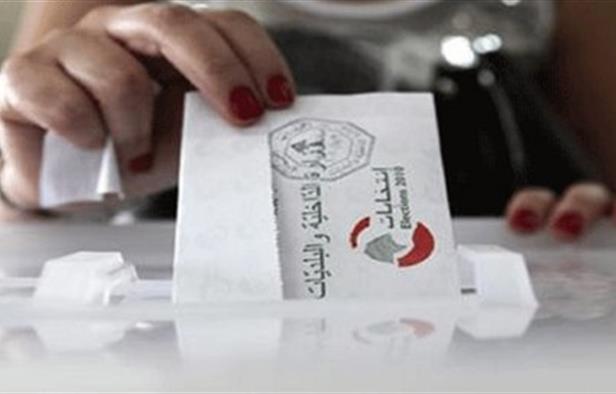Lebanese Municipal Elections: Independent voices rising in Shiite controlled areas
Myra Abdallah/Now Lebanon/April 27/16
This year, municipal elections results in Shiite areas controlled by Hezbollah and Amal Movement might not be the same as in the past
The Lebanese municipal elections are set to take place next month and unlikely to be postponed, according to Speaker of Parliament Nabih Berri’s statement earlier this month. For the first time since 2010, electoral activity is set to take place in Lebanon. During the past six years, the political composition of the country has changed and several incidents and events occurred that pushed numerous Lebanese citizens to alter their political viewpoints.
As a result, the upcoming municipal elections have witnessed the emergence of a large number of independent candidates who aim to distance themselves from Lebanese political alignments and promote their programs that are strictly related to social development. Similarly, in Shiite majority areas, the two main Shiite parties – Hezbollah and Amal Movement – who have always been the main candidates and the main, not to say the only, winners – are facing a serious electoral competition this year. Young candidates are running for the municipal elections and basing their candidature more on competence and developmental ideas and less on political affiliations.
“It is not about being against Hezbollah or Amal Movement,” said activist and blogger Ahmad Yassine, who told NOW that he might be run for the muncipal elections in Nabatieh, South Lebanon. “We are a group of young people, architects, lawyers, doctors and activists, who is planning strictly to work on developmental projects in Nabatieh. However, we do not consider Hezbollah or Amal Movement candidates as our enemies but rather our competitors. Our ambitions and aims are far from being related to politics.”
Similarly, many other young candidates seem made a decision t contest the elections because they realized that politicized municipality boards were rarely efficient in implementing development projects. They are hoping that many voters decide to give the opportunity to new leaders in order to improve their level of livelihoods and respond to the towns’ demands. In Shiite areas specifically, Hezbollah and Amal Movement have rarely had serious competition, and when they did, both candidates and voters faced serious pressure from established political parties and affiliated families.
“The problem with previous municipal council [members] is the fact that they were elected according to their political affiliation,” said Hassan, a resident of south Lebanon. “This was reflected inthe municipality’s work, which rarely focused on development for the region. The new candidates for these municipal elections gave us hope, especially since most of them are refusing to get involved in politics and prefer to work on the development aspect in southern [Lebanese] towns.”
Likewise, many residents feel that this year, the results of the municipal elections might be different than before. In south Lebanon, similarly to other regions in Lebanon, many young activists are running in elections for the first time. However, this certainly does not mean that they will be able to win over the more established political parties, who have experience in organizing electoral campaign, more financial means to execute larger campaigns and the ability to affect people’s chooices. “It is true that Hezbollah and Amal Movement are facing some competition in southern towns,” said one political activist, who spoke to NOW on condition of anonymity. “However, in my opinion, people are not ready yet to make this change happen. I am almost certain that the political parties will win the elections eventually, except in some towns where there is a religious diversity.”
“As organizations and civil society, we have been working for the development of Nabatieh for the past five to six years. Our projects are related to development and environmental awareness,” said Yassine. “In addition, we would not have run for the elections if we did not feel that voters are currently ready to accept the candidature of new people. We are being mainly supported by young people who are used to social and online media, like Facebook and Twitter, and by our families.”
When asked about independent candidates’ chances to win the elections in Nabatieh, Yassine told NOW that they have a 40 percent chance to win. “However, even if we lost, our success will be the fact that we let people know that they are not forced to vote for the same people and political parties all the time, and that they have the opportunity to make a change,” Yassine told NOW. **Myra Abdallah tweets @myraabdallah



















